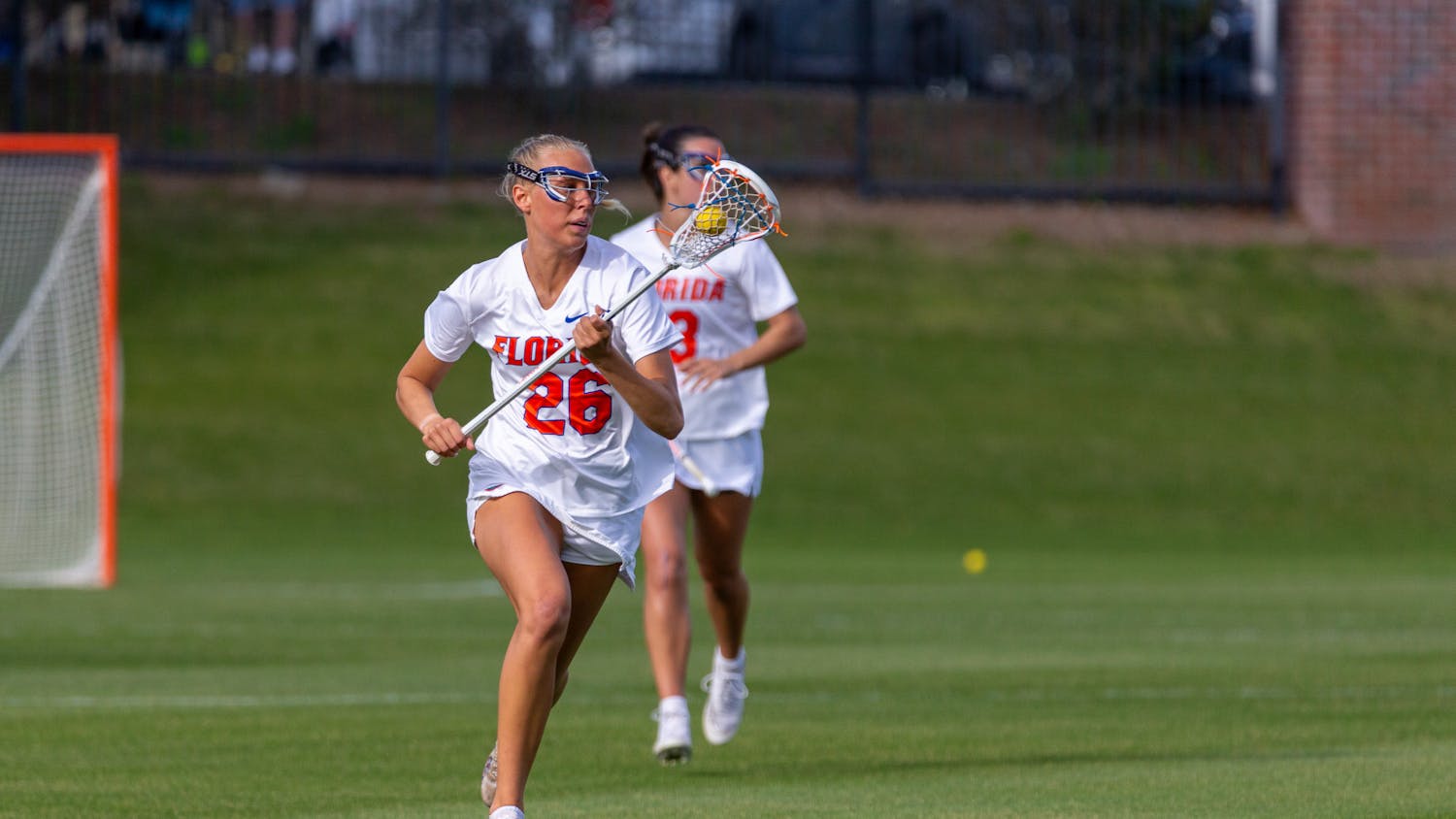I have written frequently in the past about how corporations and wealthy interests exert a disproportionate influence over the policies of the American federal government. Now that influence has been confirmed by an extensive, major academic study.
The study, conducted by Northwestern University professor Benjamin Page and Princeton University professor Martin Gilens, found that democracy has essentially ceased to exist at the federal level of American politics.
Gilens and Page studied nearly 1,800 policy issues between 1982 and 2002 and found that policies generally supported by the rich have a 45-percent chance of becoming law, while those largely supported by the middle class only have an 18-percent likelihood of taking effect.
They sum up the current American political system concisely: “When a majority of citizens disagrees with economic elites and/or with organized interests, they generally lose.”
The professors argue that American politics more closely represent an oligarchy, in which political power is wielded by a small group of elites rather than a traditional representative democracy.
The dominance of wealthy elites in American politics has resulted in government policy that favors the ultra-wealthy over everyone else. In recent years, this condition has become more extreme.
According to a study from the University of California-Berkeley, 95 percent of all economic gains in the U.S. between 2009 and 2012 went to the wealthiest 1 percent of Americans.
The recent Supreme Court rulings in Citizens United v. FEC and McCutcheon v. FEC have allowed wealthy interests to exert even more influence on American politics. These decisions allowed nearly unlimited spending by the political action committees of corporations and unions on political advertising and campaign contributions.
The control that corporate and wealthy interests exert over American politics threatens the fundamental American principle of representative democracy. Politicians rely on wealthy donors to bankroll their increasingly expensive campaigns and then must serve these wealthy interests to ensure their own political survival.
Those who support unlimited private campaign contributions often argue that the influence of money in politics is minimal. After all, they say, votes are what ultimately determine the winner of any election, not the amount of campaign contributions.
However, this is a vast oversimplification of the modern system of American politics. The news media tends to give more extensive and prominent coverage to those candidates who raise the most money. In fact, the candidate who raises the most money wins about 93 percent of the time.
In addition, those who raise money from wealthy interests have a massive advantage in primary elections over less well-financed candidates.
Although votes still determine the winners of elections, the choices voters have are severely constricted by the role wealthy interests play in selecting candidates for both parties. Americans often face a choice between two candidates who are each supported by campaign donations from wealthy interests.
Democrats generally do a much better job of representing the needs and interests of ordinary Americans than do Republicans. The positions of the Democratic Party on issues like minimum wage, taxes and health care generally align more closely with those of the majority of Americans.
However, many of the Democratic Party’s leaders are also beholden to the influence of moneyed interests. The desire of these leaders to preserve the political status quo, which largely benefits these wealthy campaign donors, is a critical roadblock in the path of substantive political change.
For ordinary Americans to wrest control of their government from the wealthy elites, a Constitutional amendment banning private money in politics must be enacted. Until such an amendment is passed, our elected officials will continue to favor the interests of their wealthy campaign donors over those of middle-class and working-class Americans.
Unfortunately, such reforms are unlikely to come from members of Congress, who are currently dependent on these private donations to preserve their own political power.
[Elliot Levy is a UF political science and public relations junior. His columns usually appear on Wednesdays. A version of this column ran on page 7 on 4/22/2014 under the headline "American democracy threatened by wealthy influence"]




